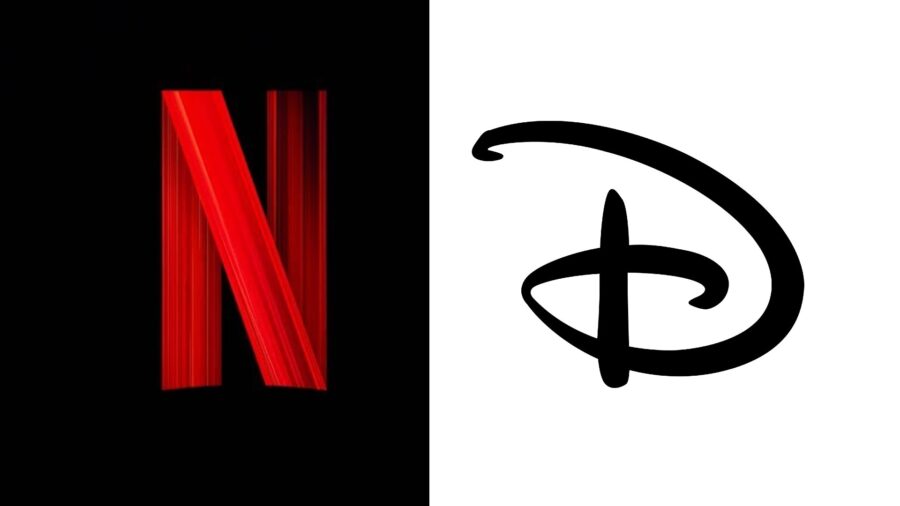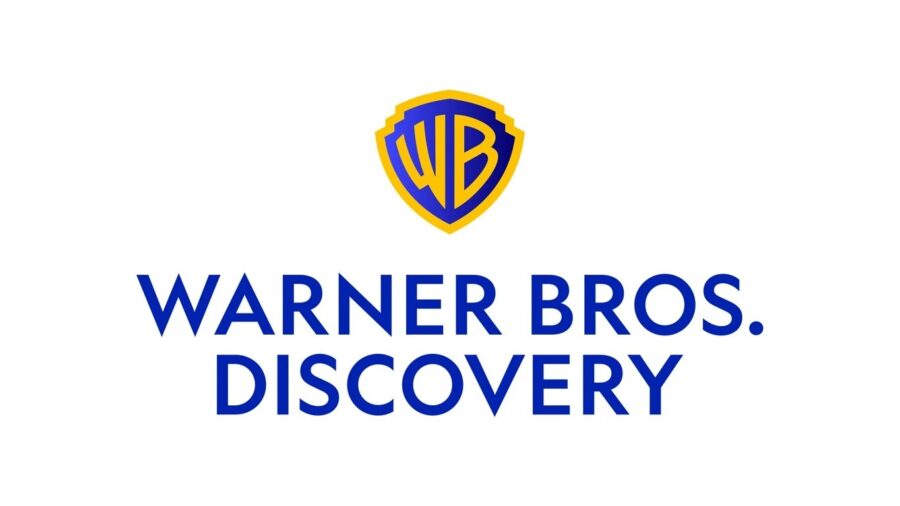Netflix And Disney Accused Of Corporate Blackface

New York Post reports that entertainment companies like Disney, Netflix, and Warner Bros. Discovery are facing backlash after five high-profile Diversity, Equity, and Inclusion (DEI) executives, all of whom are Black women, have exited their companies by either stepping down or getting forced out of their roles.
In the wake of five Black female executives exiting major media companies like Disney and Netflix, those companies are being accused of corporate blackface.
These days, layoffs are common as streaming giants are taking extreme cost-cutting measures to pave their way towards profitability in the ever-changing media landscape that we are witnessing, but advocates can’t help but notice that DEI executives are among those who have been let go.
The criticism that Disney and Netflix are facing highlights the argument that the diversity initiatives they took starting back in 2020 were insincere, and have been referred to as “corporate blackface.”
Kim Crayton, the author of Profit Without Oppression, weighed in on Disney and Netflix’s alleged use of corporate blackface in an interview with LA Times, stating that the DEI initiatives that were spearheaded in 2020 were just to save face and generate positive PR.
In other words, Crayton says these companies put a strong emphasis on diversity and inclusion after the George Floyd protests to help with their image, and let audiences know that they are doing everything that they can to make their company cultures more progressive on the diversity front. Crayton elaborated by stating that “there wasn’t any strategy, there wasn’t any plan.”
The criticism that Disney and Netflix are facing highlights the argument that the diversity initiatives they took starting back in 2020 were insincere, and have been referred to as “corporate blackface.”
This is not to say that executives like Latondra Newton (Disney), VernÄ Myers (Netflix), and Karen Horne (Warner Bros. Discovery) have failed their constituents with their sincere efforts to make their efforts be more than the alleged corporate blackface, however.
Paula Madison, the former chief diversity officer at NBCUniversal commends the efforts of the recently resigned executives, but in the same breath says that they weren’t necessarily set up for success either. Madison places the blame on the actual corporations that hired the executives in the first place for not providing them with the appropriate resources to actually flourish in their positions.
Crayton agrees wholeheartedly, and succinctly expressed her feelings on a July 1 Tweet that suggests that these positions were always intended to be “performative AND expendable.”
Madison went on to say that “they say they are not pulling away from their commitments. No, they’re not — but they didn’t really have much of a commitment in the first place.” Many argue she’s not wrong to feel this way about Disney and Netflix’s alleged use of corporate blackface.

Madison and others would argue that even if DEI executives took on their roles with the purest of intentions, they did not have the support they needed to transform the systemic cultural issues that are at the heart of these companies, but were rather left with little authority or autonomy to make any truly significant changes of their own volition.
Crayton agrees wholeheartedly, and succinctly expressed her feelings on a July 1 Tweet that suggests that these positions were always intended to be “performative AND expendable.” Disney and Netflix both deny the alleged use of corporate blackface, and have asserted that their commitments to DEI initiatives have been genuine, and the recent executive exits were the result of unrelated personal circumstances or corporate restructurings.
Though corporate restructuring is a significant factor when it comes to maintaining or eliminating positions, the prevailing theory advocates propose is that these Disney, Netflix, and Warner Bros. Discovery executives had struggles with burnout when tasked with overhauling their companies without the proper resources, leading to the suggestion of corporate blackface.
One unnamed senior diversity executive said to LA Times that “the top people are not well versed in culture,” and suggested that they didn’t put the work in to “get better, read the books, or see the movies.










